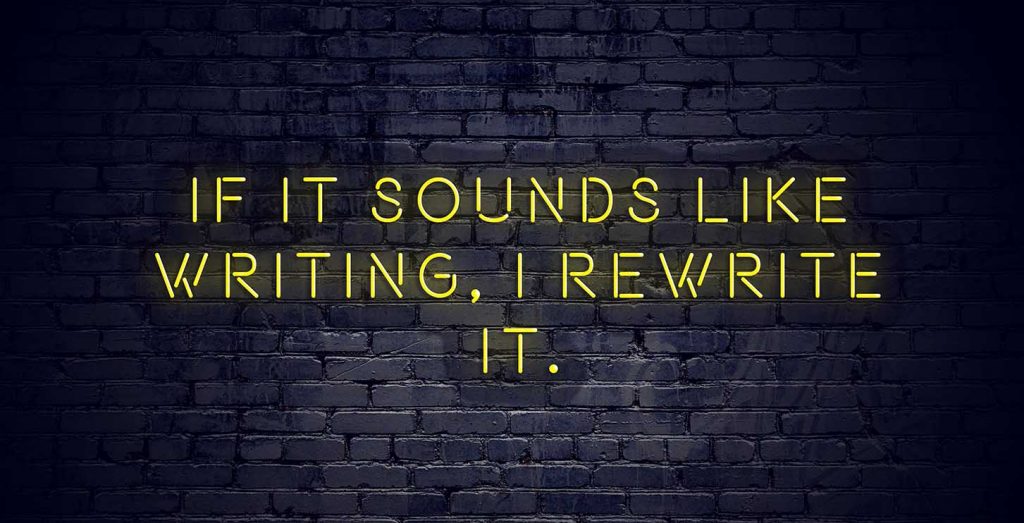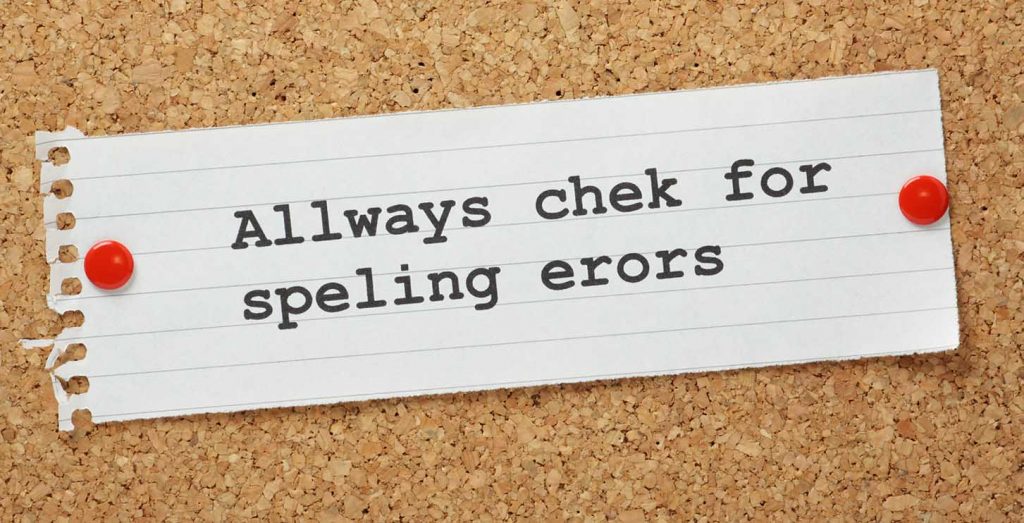There’s no doubt about it — writing is hard. Whether you’re working on academic papers for peer review, essay writing for community college, penning your next bestselling novel, or even providing a professional writing service for a client, stringing thousands of words together can be a daunting and difficult task.
Once you’ve finally completed a first draft, it can be tempting to send it off right away. You want to get it out of your sight and move on with your life. However, you should never submit a piece of writing as soon as you’ve finished it.
Why? Because it isn’t really finished.
Taking some time away from your computer screen allows you to come back to your work with a fresh perspective — allowing you to make stronger editing decisions and spot mistakes.
You might have come here looking for first class editing and writing assistance – and you’re about to get it. But want to know the twist?
You’re going to get it from yourself.
We’re going to help you brush up on your own skills – and save money.
Read on for our breakdown of the five crucial stages of the writing process. By becoming familiar with these five stages, you’ll learn how to get that first draft written as painlessly as possible, and how to incrementally improve it to ensure you deliver the strongest possible version of your document — all without paying somebody else to do it!
The 5 stages of the writing process
1. Planning
You’ve probably heard the idiom, ‘Those who fail to prepare should prepare to fail’, right? If not, you probably went to a nicer school than I did.
Although it sounds harsh, it’s particularly true of writing. But don’t worry — if you’re putting together a quick blog post like this one, all you need to do is put aside a little time to decide what you want to cover, work out a logical structure, and sketch out some subject bullet points and potential subheadings. It will save you time and anguish in the long run.
Of course, the type of planning and the amount of time you spend on this stage will depend on what you’re writing. Most writers will engage in some form of research as part of the planning stage, whether it’s a quick read of a Wikipedia article or several months living in a library conducting an academic literature review.
Sometimes the planning stage will take longer than the initial writing stage. For example, screenwriters often spend months planning the plot elements of a film — then write a first draft of the script in a couple of weeks.

2. Writing
It’s time to put words on the page. Writers who skipped stage one will likely find this a bit scary — they’re facing a blank page and a blinking cursor. Having a framework to work with (even if it’s just a couple of rough bullet points) will automatically make you feel more confident, and ensure that your first draft is fairly close to the finished article in terms of content, if not execution.
The important thing to remember when writing a first draft is exactly that; it’s a first draft. Many of the sentences you’re writing at this stage will be changed or even deleted entirely in future stages, but they need to exist in the first place before you can start refining them.
This can actually be quite freeing — allow yourself to write freely without paying too much attention to your ‘inner critic’ or second guessing every tiny decision. Just get to the end!

3. Rewriting
You’ve written your first draft. Well done! However, it’s probably far from perfect. Many writers say they only really discover what they’re trying to say by the time they finish the first draft.
The real work happens in the ‘rewrite’.
This stage is all about taking the raw material you have in front of you, and incrementally transforming it into something that tells the story you want it to tell in the best possible way.
Changes at this stage may be fairly substantial; you’ll likely restructure the piece, cut whole sections out, replace your opening paragraph, discover new subheadings — you may even realise that you’ve overlooked some important points. If so, you’ll need to dip back to the planning stage and do some more research! Don’t be disheartened. It’s all part of the process, and this stage is often the most time consuming.
In fact, the rewriting stage could actually encompass anywhere between one more and dozens more drafts — each one communicating your intended message or story incrementally more effectively than those prior.

4. Editing
Editing is about making small changes that vastly improve your work. Unlike the rewriting stage (in which every single word of your first draft could change), editing tends to involve optimising the writing that’s in front of you.
However, a thorough edit may still involve restructuring a piece, making judicious cuts and rewriting sentences, with the ultimate goal of clarity of meaning. It also involves refining or even completely overhauling the style of language — ensuring that word choice, grammar and sentence structure is appropriate for the intended audience and that the tone is consistent throughout the piece.
For example, If you’re a British writer with an international audience, have you used any words or spellings that would be unfamiliar to a reader in the United States (or vice versa)?
There are plenty of professional editing services available online (and when it comes to comedy scripts and social media content, we’re the best in the biz). But before you pay someone to edit your work for you, take some time away from the document and come back to it with fresh eyes. You may find you’ve got the skills and objectivity you need to do it yourself!

5. Proofreading
Proofreading is the final stage before you hit send. You need to carefully read and re-read your work to check for errors. Spelling and grammar mistakes can undermine all your hard work, so it’s vital that you take the time to thoroughly proofread and correct any mistakes.
The presence of errors can lead an unsympathetic reader to assume that you are an inexperienced or careless writer. Worse, errors can transform the meaning of your sentence and cause confusion. Editing is about achieving clarity in your writing; proofreading is about making sure you haven’t inadvertently undermined it.
If you struggle with spelling, grammar, or spotting mistakes in your work, it’s definitely worth running your finished draft through automated proofreading software (view this post on Instagram to learn about Grammarly) or asking someone to proofread your work for you.
There you have it — the five key stages of the writing process. Happy writing!











